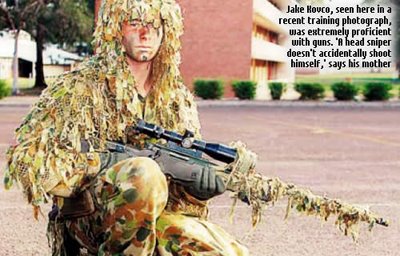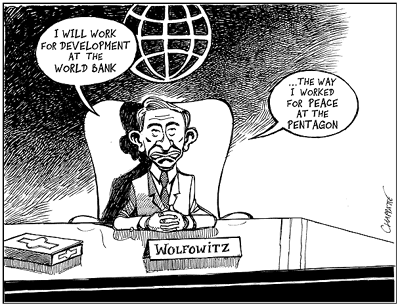Australian police and intelligence agencies are now involved in an investigation into vote buying in the Solomon’s that contributed to a wave of arson and looting linked to leadership manoeuvring following national elections on April 5.
Inquiries have revealed that Taiwan's vote buying in Honiara has been far more extensive than earlier thought. Finance industry sources say that the former prime minister Sir Allan Kemakeza operated a slush fund - of up to $10 million a year - to dispense political favours.
The fund has not been declared and it is understood central bank requests for an explanation have been ignored.
Witnesses have confirmed deliveries of cash in suitcases to the Taiwanese embassy in the first-floor office of a shopping arcade in the Solomons capital, Honiara.
Taiwanese ambassador, Antonio Chen, yesterday strongly denied Taipei was involved in money politics, saying it was up to officials of the Solomons Government to monitor how aid money was spent.
Money from the fund was apparently used to buy cars, boats and other equipment to secure electoral support for key pro-government election candidates.
China helping out
SENIOR political figures in the Solomon Islands have been involved in secret negotiations to shift diplomatic recognition from Taiwan to its arch rival, China.
The talks have taken place since September in Beijing and at the Chinese consulate in Brisbane this month.
This week Manasseh Sogavare, now the leading candidate for the prime ministership, said it was time to drop recognition of Taipei in favour of Beijing.
Another member of the new opposition leadership group, Gordon Lilo, said on Solomon Islands national radio yesterday that many economic benefits would come from recognising China, as it was now the country's biggest trading partner.
Also behind the move to Beijing is the former Prime Minister Francis Billy Hilly, who was forced out of office after allegations that MPs were bribed by Malaysian-Chinese logging companies.
- Beijing has allegedly agreed to pay an opposition party $200,000 to switch allegiance from Taiwan.
- The former prime minister Sir Allan Kemakeza allegedly ran a slush fund of up to $10 million a year paid for by Taiwan.
- Australian agencies are investigating how vote-buying contributed to arson and looting in the Solomons.






















